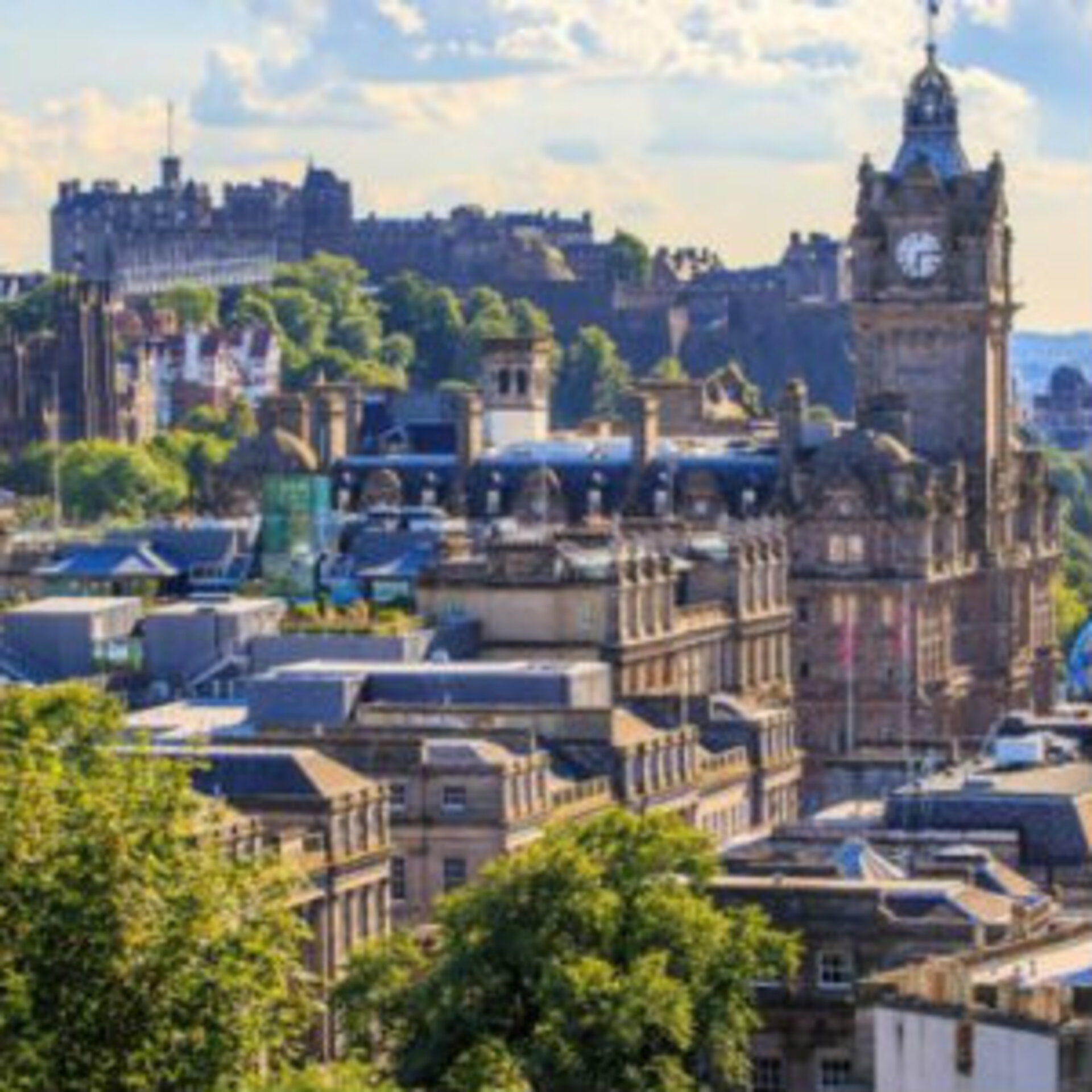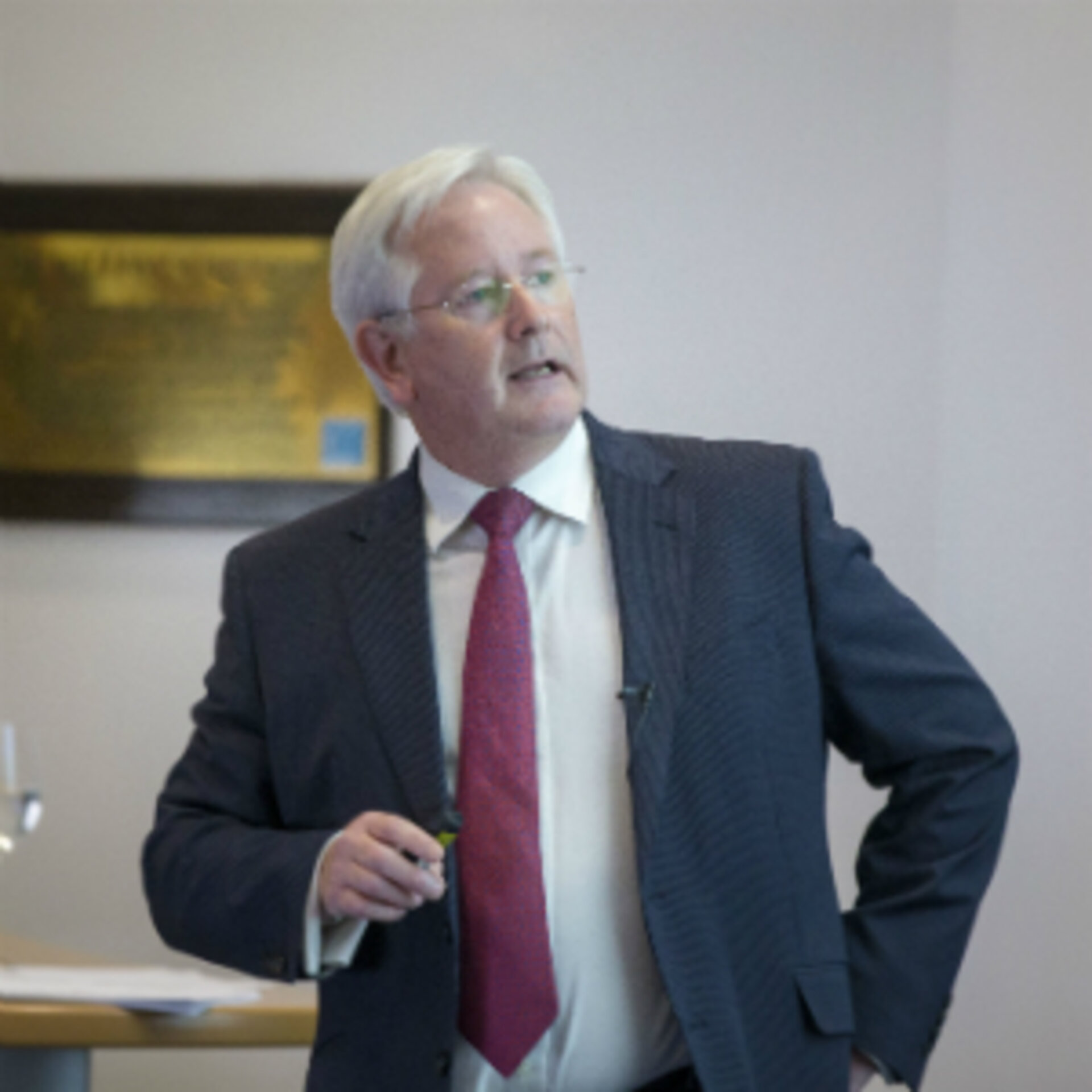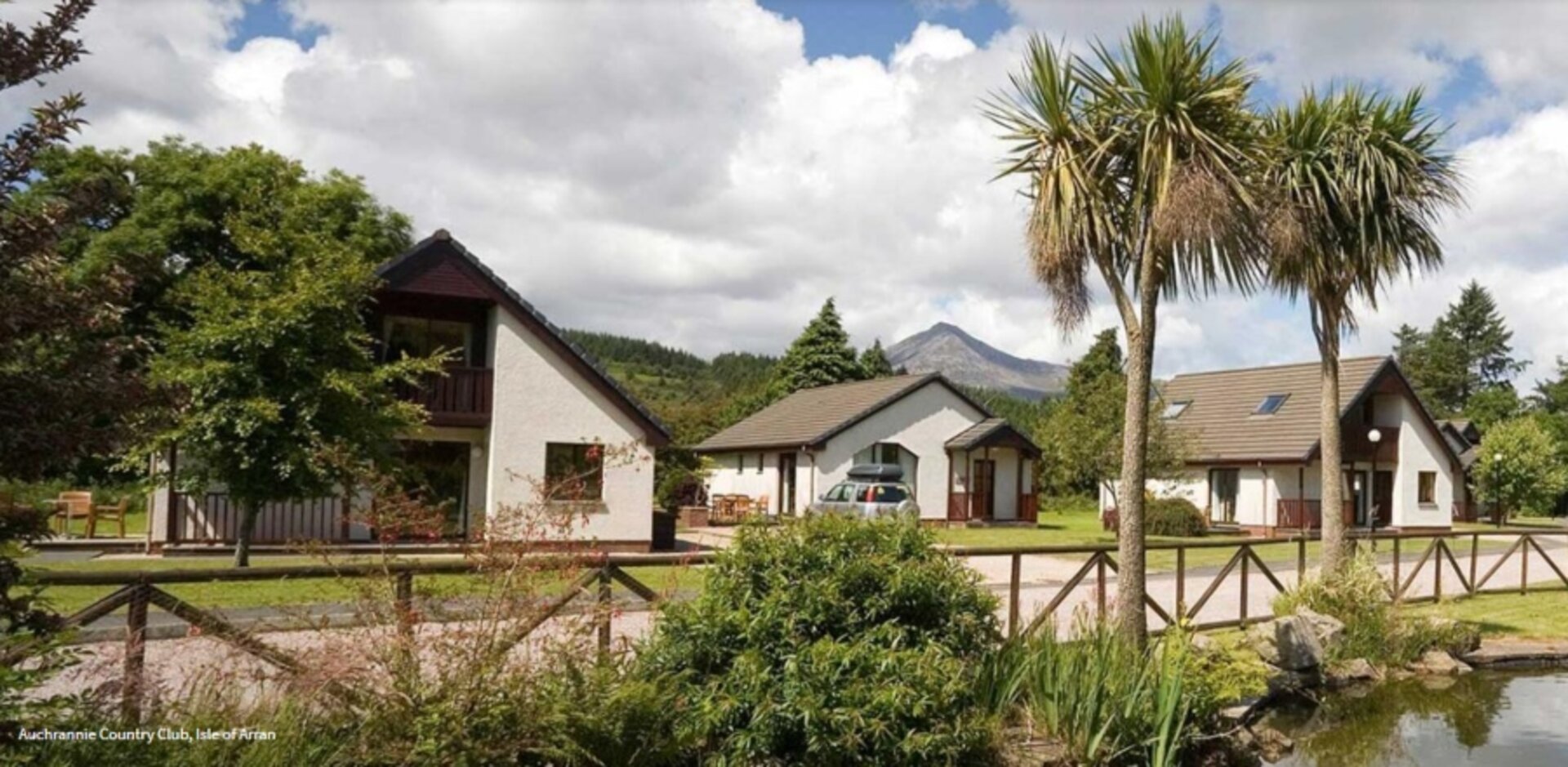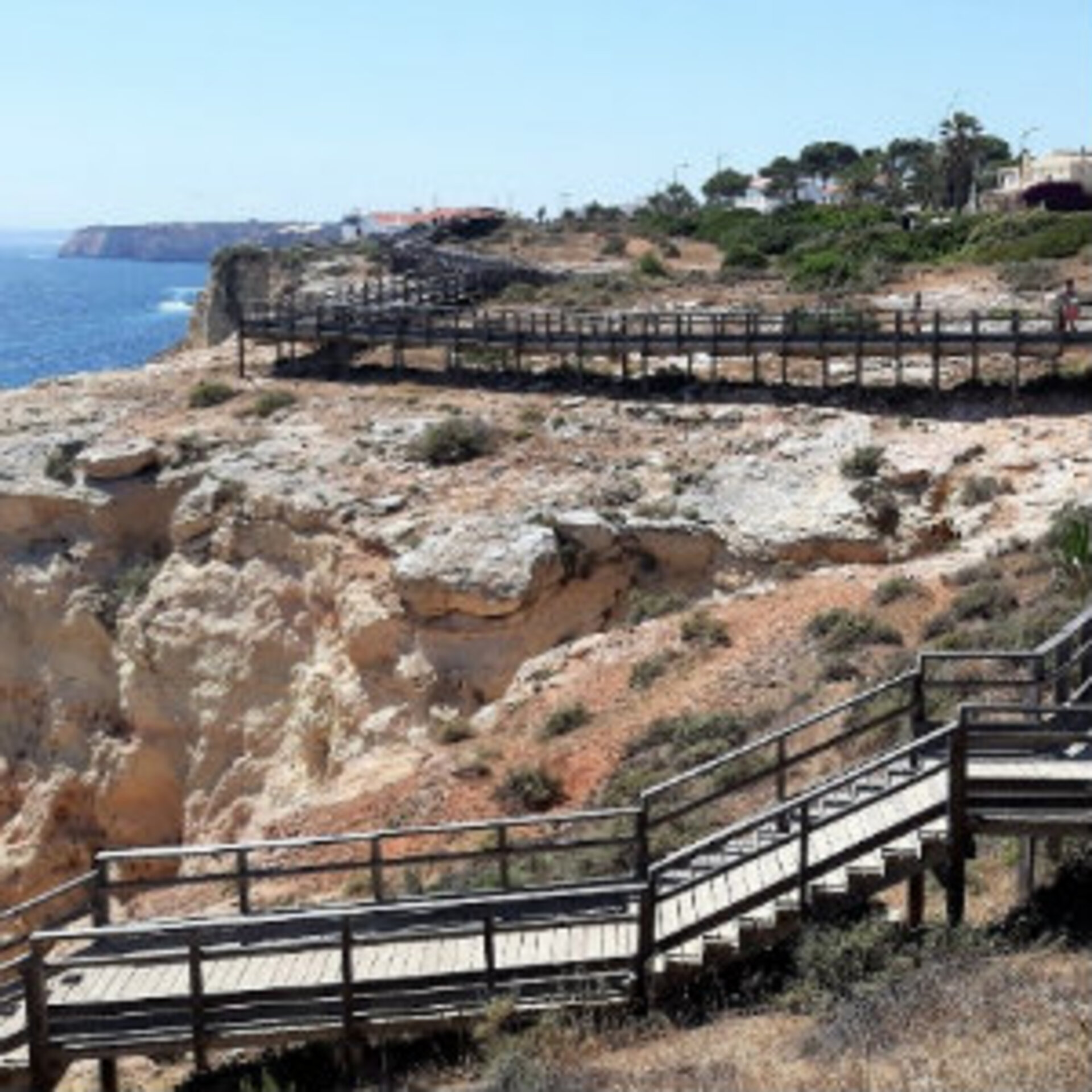Moffat Centre
The Moffat Centre is the UK's largest university-based consultancy and research centre for tourism and travel market research and business development.
Working with almost 1000 organisations across Scotland, the Moffat Centre is in the unique position of holding the most comprehensive and up-to-date data on Scottish visitor attractions. Undertaking this statistical analysis at a UK level since 1991, it is the most continuous recording of visitor attraction data available and has been cited by the OECD and UNWTO as being one of the most important records of attraction flows and performance analysis.
Combining our breadth and depth of expertise, with our reputation for realistic, down-to-earth, practical advice, the Moffat Centre should be your first port of call for advice in attraction development and marketing.




